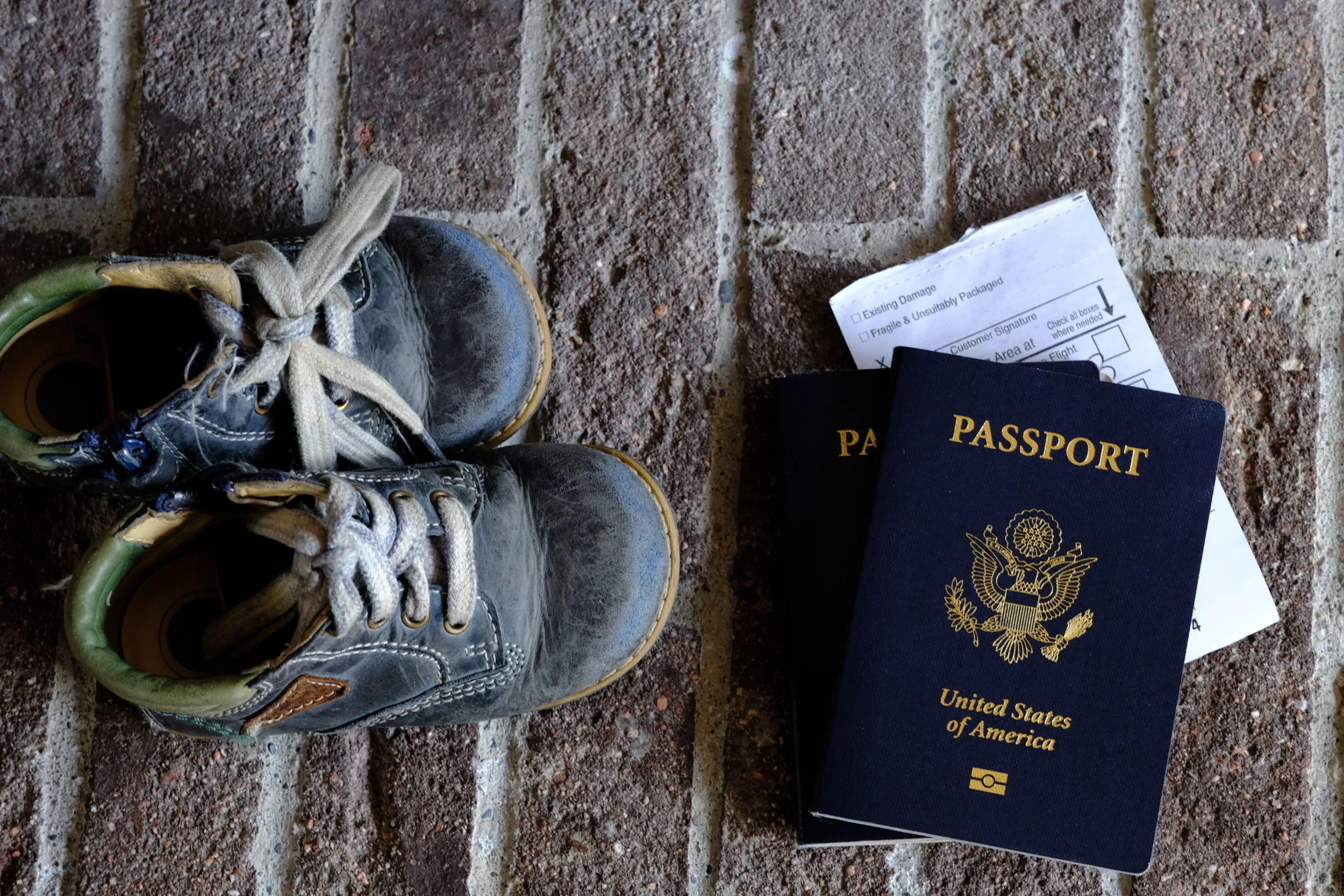Difficult Conversations: Talking about Death with Young Children
A quick note: In these essays, I share my personal philosophy of parenting, give tips on what works in my home, and explain how I think about children in the context of their development. Every parent has a unique set of beliefs and priorities, and may or may not have access to the resources that I do. My goal here is to provide less ‘how-to’ and more ‘walk-through’. One person’s experience is all I can offer, and what works for me may not feel right to you. That’s cool! I’d love to hear what you do and why.
Children's experience of death and grief is guided by their caregivers - no pressure!
Difficult Conversations: Talking about Death with Young Children
Some topics are never easy for parents to broach (particularly those that start with questions like, “Mama, how did I get into your tummy?”). But while they might be uncomfortable for us, young children are surprisingly matter-of-fact about natural processes of life.
Recently our family lost a number of close relatives and the topic of death seemed ever-present in our home. My daughter turned three this summer, and she of course noticed that something was different. I wanted to explain to her what had happened, using simple language, without frightening her but also without resorting to flowery metaphors (which are confusing) or platitudes like ‘Grandpa is in a better place now’ (which our rather atheist household doesn’t believe in).
I decided to broach the subject of the life cycle. I talked to my daughter about new babies (happily, this year there are many in our social circles), how people grow up and become adults, have babies themselves and then how, at the end of their lives they die. How death means they go away and don’t come back. We talked about thinking of them in our hearts, and feeling sad that they’re gone and also happy for the time you spent them.
She looked at me seriously and nodded. But how much did she understand?
The concept of ‘forever’ is too abstract for children of this age, and for her, the most salient experience of something going away is when I put her toys into the closet. The toys always come back, but Grandpa won’t be back. So how to get this point across without overdoing it?
Personally, I opted for the gentler approach, leaving the conversation where it stood and deciding that I’d take the time to seriously answer any questions if and when they arise. Over time, her understanding of death and permanence will evolve and other questions will come up.
After our original conversation, she asked me several times if Grandpa was dead. The conversations tended to go like this:
Boo: Mama, is Grandpa dead?
Me: Yes, he is.
Boo: And is Pepper (a family pet) dead?
Me: Yes, she is.
Boo: And you’re sad?
Me: Yes, I am. Are you sad?
Boo: No.
She took some time to process this information and add it to her understanding of the world, what’s called an internal schema in psychological terms. Because it didn’t correspond to anything she’d seen before, she came to me, her trusted guide through life, to revisit the logic of the process. In these conversations, I believe she was working with the concept of death and the emotional reaction of grief, deepening her understanding of what happens when someone passes away. She wasn’t working with the concept of permanence yet, and that’s alright. When it comes, I decided, we’ll talk about it.
I made the decision to be open with her about my sadness… to a point. I cried in front of her and took her to the funeral where she saw relatives, also crying. However, I waited until I was alone or with my partner to truly let go and delve into the depths of grief. It was important to me that she understand that grief is a natural process, without being frightened by it or feeling responsible for making everything better.
As parents, we have a huge role in determining how our children react to big life events, and sometimes the weight of this responsibility seems impossible to hold. Being an example for your child is an added pressure when it feels like your world is falling apart. During this time, which was challenging for everyone in our household, I took great comfort in the idea of ‘good enough’ parenting. I let go of the idea that I could ever be ‘a perfect parent’ (hah!) and focused instead on simply showing up every day. This helped me drill down into what’s really important: the love we share and the ways in which we show it.







